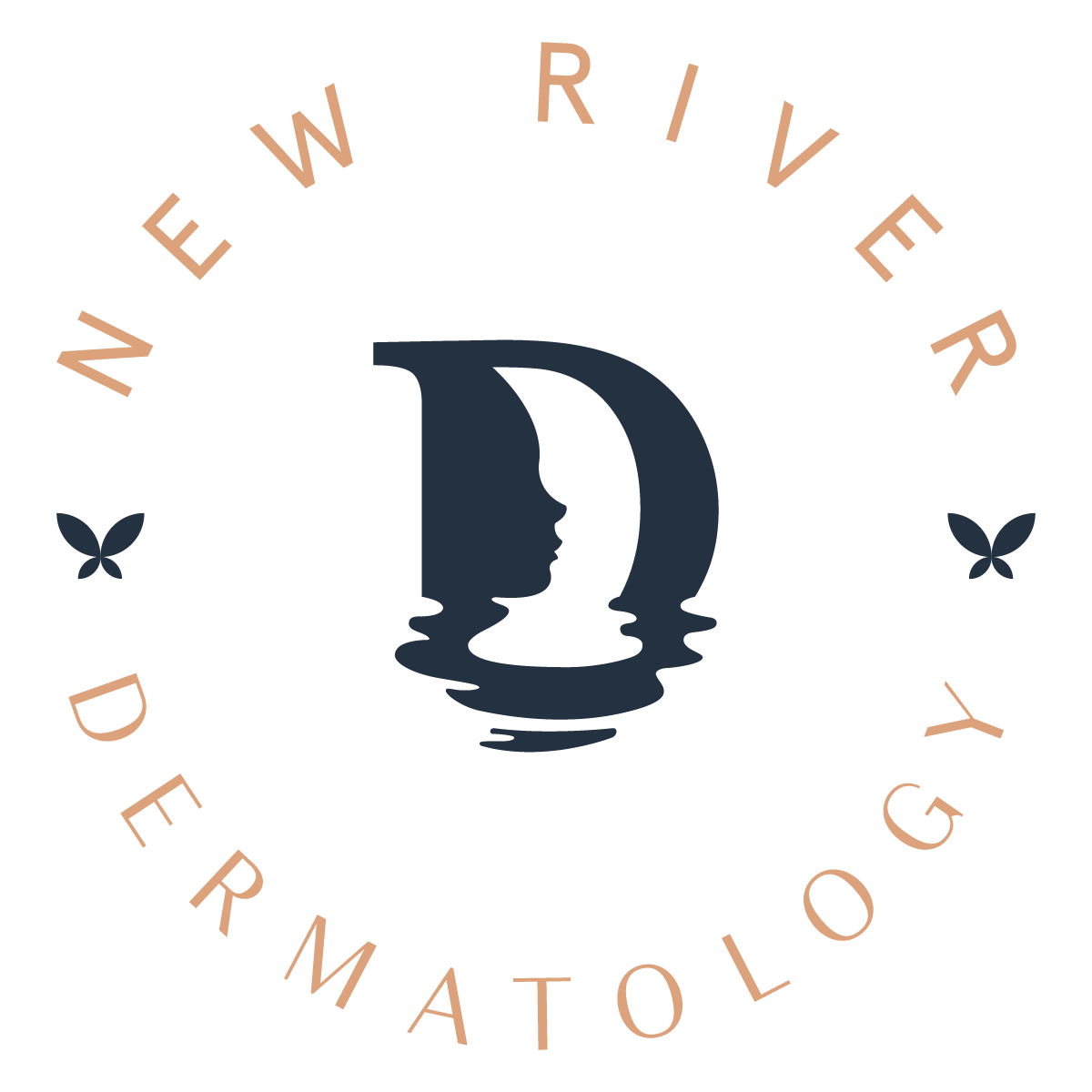Quality Skincare Products vs. Ingredients to Avoid
There are a ton of skincare products out there these days, thanks in part to international companies creating more affordable products for everyone to order. But not everything is up to snuff when it comes to quality – from the vast amount of formulas for cleansers, moisturizers, serums, and more that are sold to us, there are a few ingredients that stick out in two major categories.
a) They immediately make you want to put down the product.
b) They are actually great for your skin.
So how do you tell the best products from the worst? Here are three products to look for on your skincare product labels and three ingredients to avoid.
APPROVED
Vitamin C
Vitamin C is packed full of antioxidants – studies have shown that vitamin C helps to boost the collagen in your skin, which in turn helps to reduce the appearance of wrinkles, fine lines, and even scars. Plenty of over-the-counter products include this safe ingredient in them, including cleansers, serums, and creams.
Retinol
Retinol is made from Vitamin A and works to boost collagen in your skin and slow skin aging. The best bet is to get a formula tailored to your skin’s needs from your dermatologist, who can write a prescription, but over-the-counter versions are available too at lesser strengths. Irritation may occur at first so go slow.
Hyaluronic acid
Your body makes hyaluronic acid naturally to lubricate your tissues (think skin, joint fluid, and connective tissues), but you make less of it over time (especially if you smoke or don’t eat healthily). However, you can combine this with vitamin C products to help smooth out your skin.
AVOID
Polyethylene glycol (PEG)
Found in creamy formulas, PEGs are potentially derived from petroleum and also potentially irritating for your skin.
Siloxanes
Linked with endocrine disruption and bad outcomes for the environment, you’re going to want to stay away from these cyclical silicones. For women in particular, we highly suggest avoiding siloxanes due to its impact on female fertility.
Oxybenzone
Check the labels of SPF lotions, lip balms, cleansers, and more for this potential disruptor. Oxybenzone is known to be a skin irritant, and can cause skin allergies to flare up, as well as bother your eyes.
Ethanolamines
If you have sensitive skin, avoid these emulsifiers, which are usually found in products like skincare and cosmetics and have been found to be allergenic. Look for words like monoethanolamine (MEA), diethanolamine (DEA), or triethanolamine (TEA).
